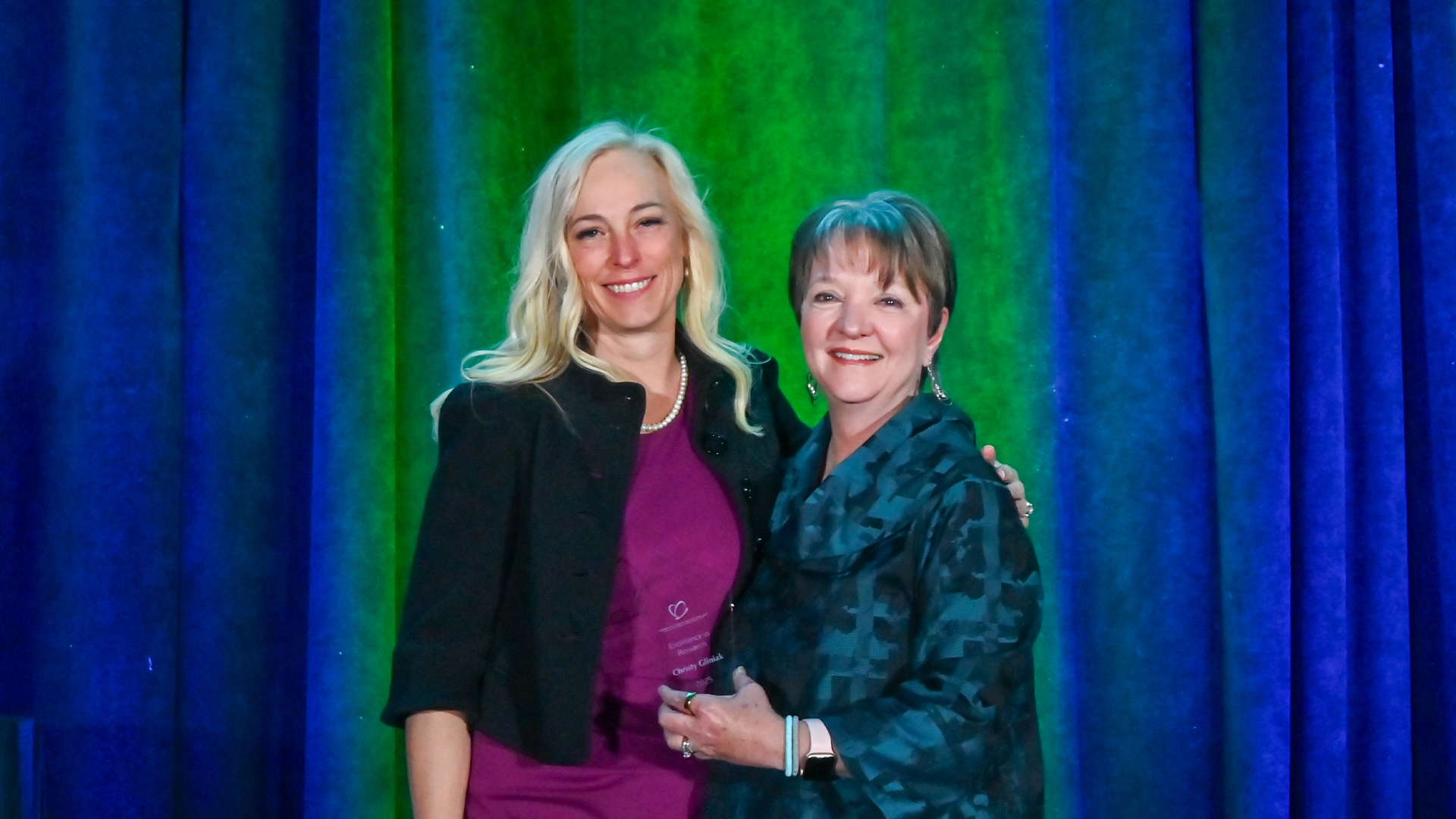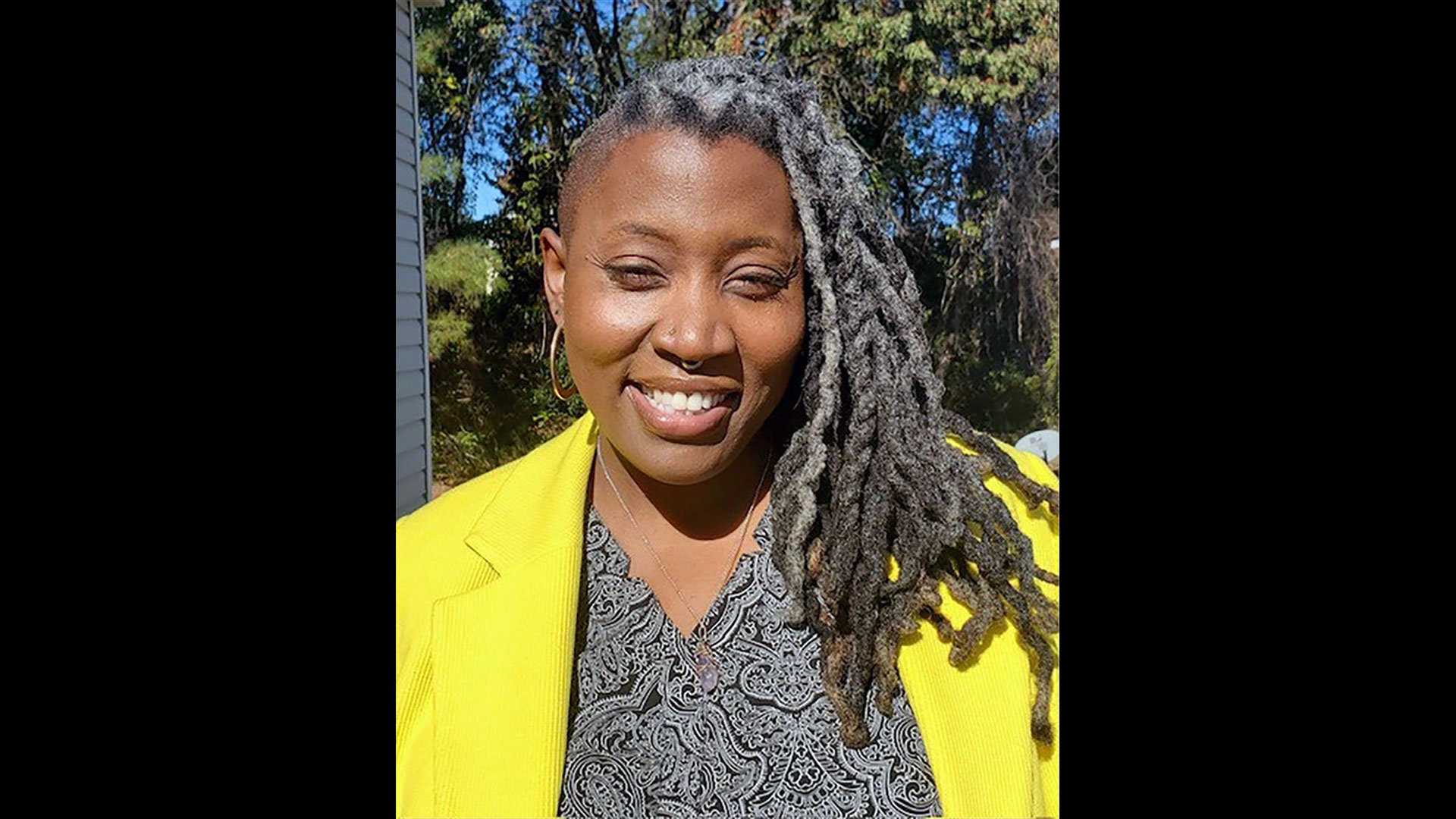In April 2019, President Biden signed a resolution to recognize the contributions of Arab-Americans to the United States as National Arab American Heritage Month. This profound move acknowledges the contributions of individuals of Arab descent to the United States. The Arab World consists of 22 countries in West Asia and North Africa, including Algeria, Bahrain, the Comoros Islands, Djibouti, Egypt, Iraq, Jordan, Kuwait, Libya, Morocco, Mauritania, Oman, Palestine, Qatar, Saudi Arabia, Somalia, Sudan, Syria, Tunisia, the United Arab Emirates, and Yemen. This pastiche of nations is also full of rich religious diversity that includes individuals from the Christian, Druze, Jewish, and Muslim faiths.
In a statement honoring Arab American Heritage Month, Ned Price, a U.S. State Department spokesman, noted:
The United States is home to more than 3.5 million Arab Americans, representing a diverse array of cultures and traditions. Like their fellow citizens, Americans of Arab heritage are very much a part of the fabric of this nation, and Arab Americans have contributed to every field and profession. Many of them, in fact, serve here at the State Department and throughout the interagency, and their careers are as diverse as their backgrounds. We mark National Arab American Heritage Month noting these contributions that are as old as America itself.
Many people are unaware of the critical contributions of Arab Americans to the United States and world culture. One of the earliest universities and the second oldest degree-granting institution in the world is the Al-Azhar University in Cairo, Egypt. This university was founded in 970 AD by the Fatimid Caliphate. The university holds a library considered second in importance in Egypt only to the Egyptian National Library and Archives. This tradition and love of knowledge are one of the enduring contributions Arab Americans have made to world culture and the United States.
Researching for my doctoral degree exposed me to some of these great scholars—Edward Said (Palestinian), known as the father of post-colonial theory, and Charles Habib Malik (Lebanese, Christian, Arab), intellectual human rights leader who was one of the eight authors of the Universal Declaration of Human Rights. Their scholarship was thought-provoking and helped raise awareness of human rights issues both here and abroad. Scholars at heart, they were also known activists and believed in “being the change”—one such example is the creation of the West-Eastern Divan Orchestra, a collaboration between Edward Said and Jewish conductor Daniel Barenboim, in which Arab and Israeli musicians studied and performed together to promote coexistence and intercultural dialogue.
Along with exceptional scholars and intellectuals, the Arab American community has an exemplary list of national leaders. Some of our most outstanding national leaders are of Arab American descent, for example, Donna Shalala-the first Lebanese American to serve in a U.S. Cabinet post, John Henry Sununu, and Senator John Edward Sununu. U.S. Senator from New Hampshire of Lebanese/Palestinian descent. South Dakota Senator James Abourezk was honored by the Oglala Lakota Nation for authoring the Indian Child Welfare Act and speaking out on behalf of Native American Sovereignty. Representatives Ilhan Omar (Somali) and Rashida Tlaib (Palestinian).
These rich contributions, born out of stories of immigration and hope, inspire all of us to consider how and in what ways we contribute to society. Let us celebrate that for over a century, Arab Americans have made valuable contributions to virtually every aspect of American society: in medicine, law, business, education, technology, government, military service, culture, and they brought with them resilience and dedication to democracy that we, as a nation, should acknowledge and protect from civil rights abuses, harmful stereotyping, and bullying.
As we move forward through April, below are some resources :
Center for Arab American studies
Additionally, a curated list of DEI virtual events is also available:
April 4, 2022, 1:00 PM-2:30 PM PDT | Andrea Mitchell Center for the Study of Democracy
Religious Change and Political Trends in Contemporary Egypt
Zoom link provided upon registration
April 4, 2022, 6:00 PM-7:00PM EST | Harvard University
Indigenous, Black and Communities of Color Fighting for Environmental Justice
Zoom link provided upon registration
April 7, 2022, 4:30 PM-5:30 PM EST |Brown University
Queering the Middle East, I Violent Intimacies
April 8, 2022, 9:00 AM-6:00 PM EST | Harvard University
Reimagining Our Radical Roots: A Global Classroom of Citizen Activism
Zoom link provided upon registration
April 25, 2022, 1:30 PM-3:0 0PM PDT | National Alliance on Mental Illness
American Arab, Middle Eastern, and North African (AMENA) Mental health
Zoom link provided upon registration
April 25, 2022, 2:00 PM-4:30 PM PDT | Arab American Cultural Center
Sisters in the Mirror: A History of Muslim Women and the Global Politics of Feminism
Zoom link provided upon registration
April 28, 2022, 1:00 PM-2:30 PM PDT
Cultural Work & Decolonial Futures: From Palestine & Beyond
Zoom link provided upon registration
In spirit,
Allison Davis-White Eyes, Ph.D.
Vice President of Diversity, Equity, and Inclusion
Join Over 7,500 Fielding Alumni Located Around The World!
Change the world. Start with yours.™






Get Social